Memory on Trial: Bridging the Past with the Future
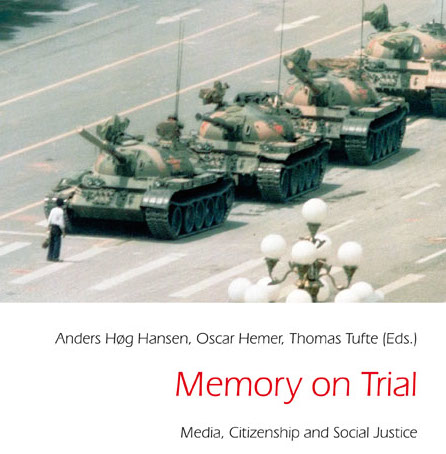
The iconic Tank Man at Tiananmen Square represents resistance struggle in China in 1989. A single picture captures a dramatic moment, but leaves an open question of “what happened next”. Commemorating the 26th anniversary of the June Fourth Incident, Ørecomm introduces a volume on memory and social justice.
Without knowing the past we can’t shape the future. A new book Memory on Trial: Media, Citizenship and Social Justice, edited by Anders Høg Hansen, Oscar Hemer and Thomas Tufte, members of Ørecomm, explores the ways for memory and interpretations of the past to work towards reconciliation and building communities we envision. How can citizens actualize a public? How does bringing back voices serve social justice? In what way can a living memory become a resource in communication for development? The anthology contains both theoretical and case-study contributions to find answers for these inquiries.
“The media, and their increasing ubiquity, both produce and conceal tensions between living memory and established history. They also continuously imprint on our memory and vice versa. The imprints are continuously written over, partly or fully, with new representations. But silenced or overwritten memories can also make their sudden return. This anthology engages with a range of cases that bring views and voices back in public, demanding justice, recognition, sometimes liter-ally triggering new trials. […] No sustainable development process or strong sense of ownership, commitment and engagement can be articulated if it is not contextualized and takes its point of departure in the histories and trajectories of the issues and people at stake.”

What happened to Tank Man? There are theories, yet for many the mere fact that he was there, the only picture is sufficient. However, the past should not sink into oblivion. As theories and case studies of the volume suggest, revisiting it paves the way to a social change. The authors of the anthology invite readers to consider how, for instance, “stillness and nostalgia” (Jo Tacchi) or, conversely, “structural amnesia” (Thomas Hylland Eriksen) add to a debate about development. Examine, for example, a culture of silence in Israel (Tamar Katriel), revival of Nigerian history (S. Elizabeth Bird) or musical heritage, a “living archive” of Sweden (Anders Høg Hansen & Erling Björgvinsson), as various aspects of the “living memory” that can empower and drive development.
This volume is the outcome of the third Ørecomm Festival, a four-day academic and artistic event in Denmark and Sweden that took place September 2013. You can find Memory on Trial: Media, Citizenship and Social Justice on Lit Verlag, Adlibris and Amazon.
 New PhD opportunities at the University of Leicester
New PhD opportunities at the University of Leicester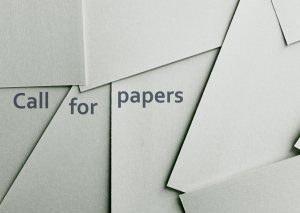 Call for Abstracts: New Directions in Media, Communication and Sociology (NDiMS) Conference
Call for Abstracts: New Directions in Media, Communication and Sociology (NDiMS) Conference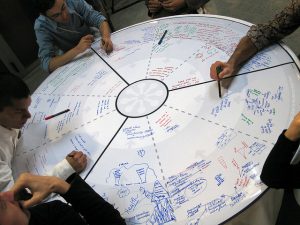 Ørecomm Team to Gather at the University of Coimbra
Ørecomm Team to Gather at the University of Coimbra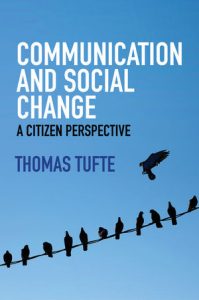 “Communication and Social Change – A Citizen Perspective” Published
“Communication and Social Change – A Citizen Perspective” Published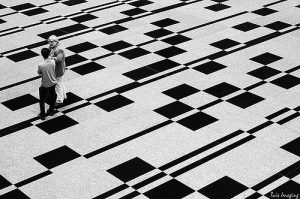 C4D Network to Sum Up Global Communication for Development Practice
C4D Network to Sum Up Global Communication for Development Practice Entering Media and Communication into Development Conferences?
Entering Media and Communication into Development Conferences?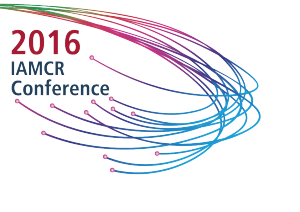 IAMCR Conference 2016: Communication for Development Highlights
IAMCR Conference 2016: Communication for Development Highlights Glocal Classroom Revisited – Storytelling & Social Change Leicester-Malmö
Glocal Classroom Revisited – Storytelling & Social Change Leicester-Malmö I EvalComDev International Conference: Call for Papers
I EvalComDev International Conference: Call for Papers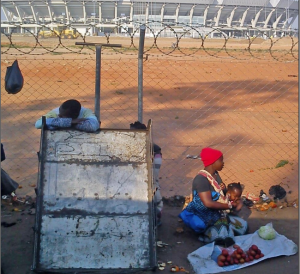 Looking for Media and Communication in Development Conferences: Devres 2016
Looking for Media and Communication in Development Conferences: Devres 2016